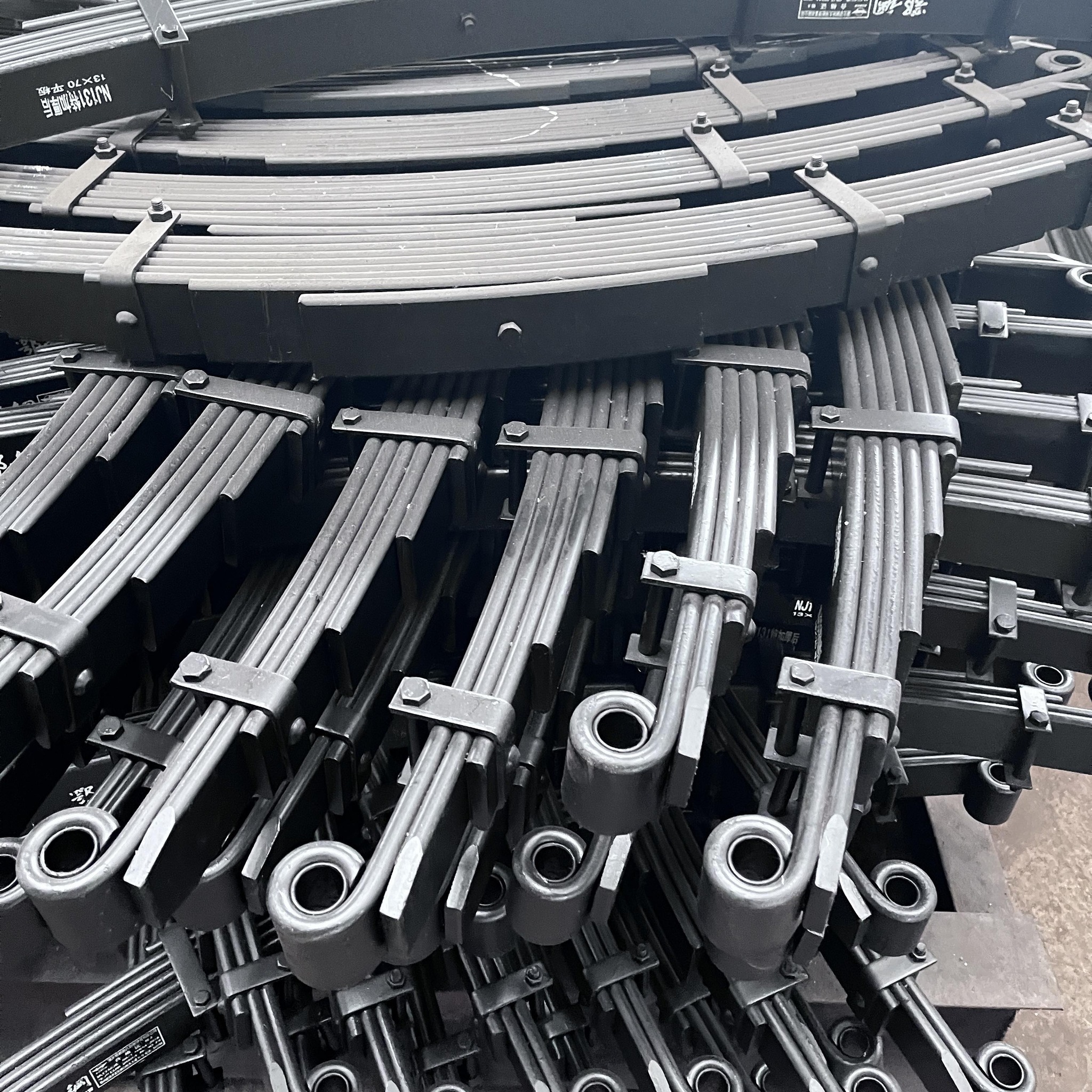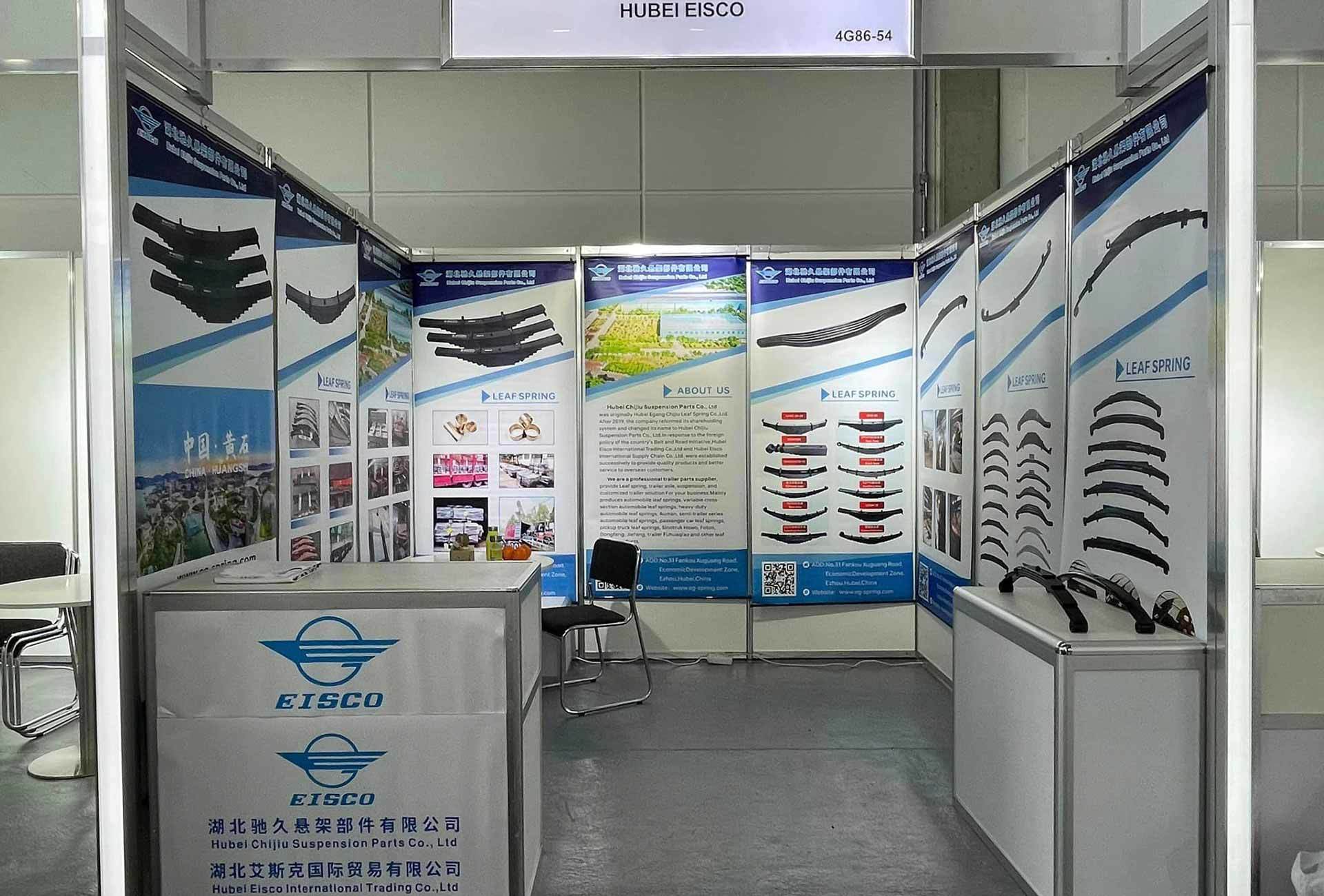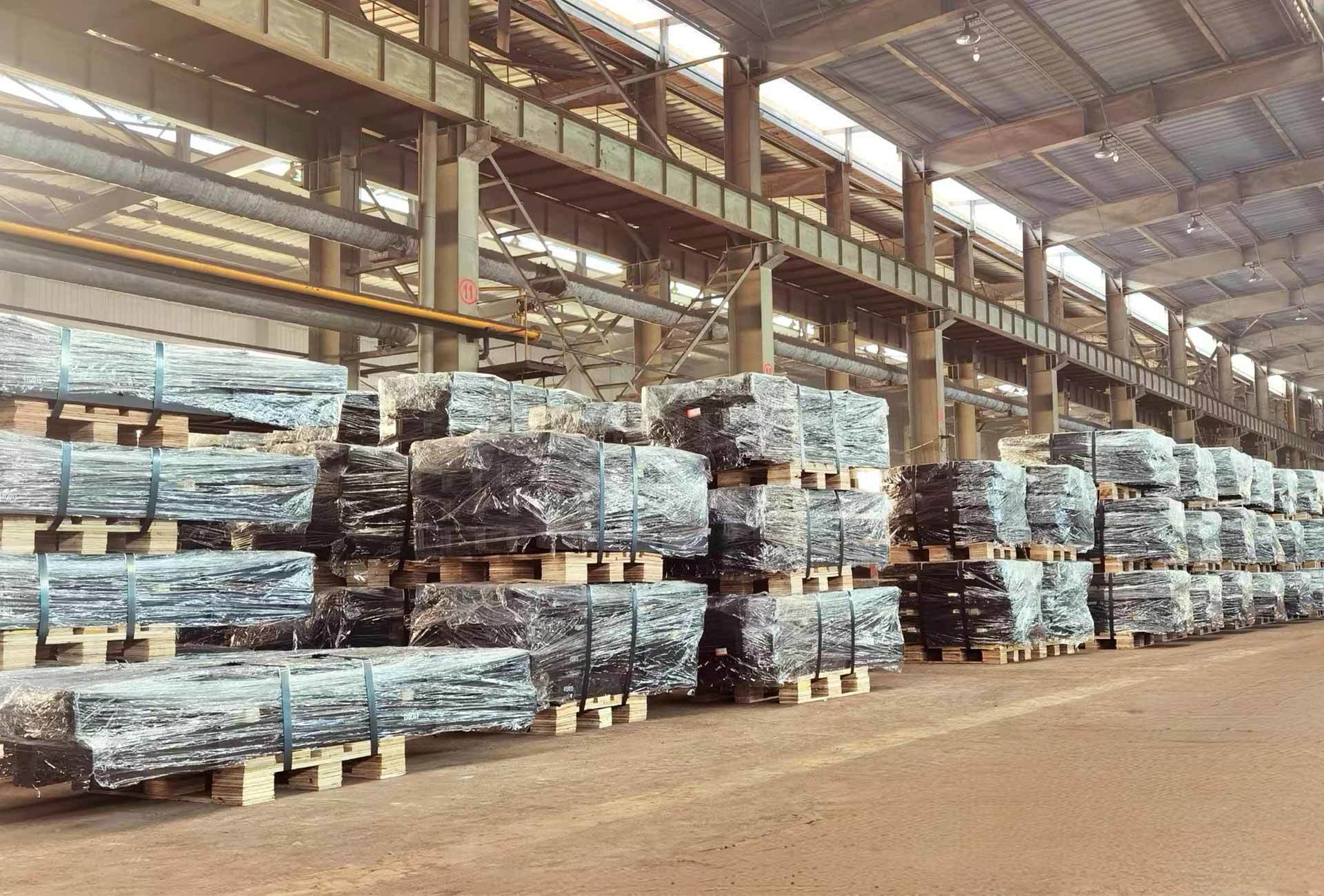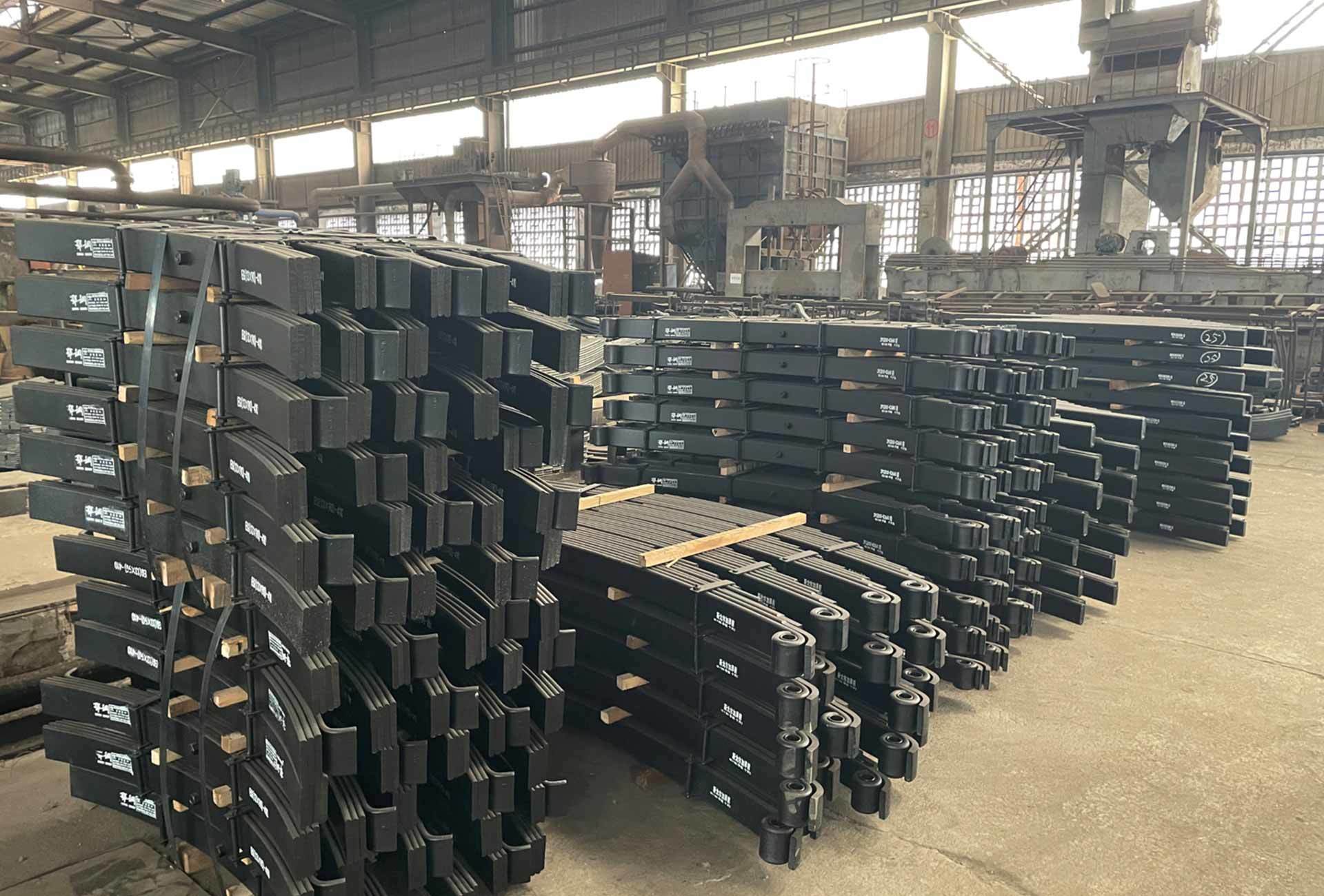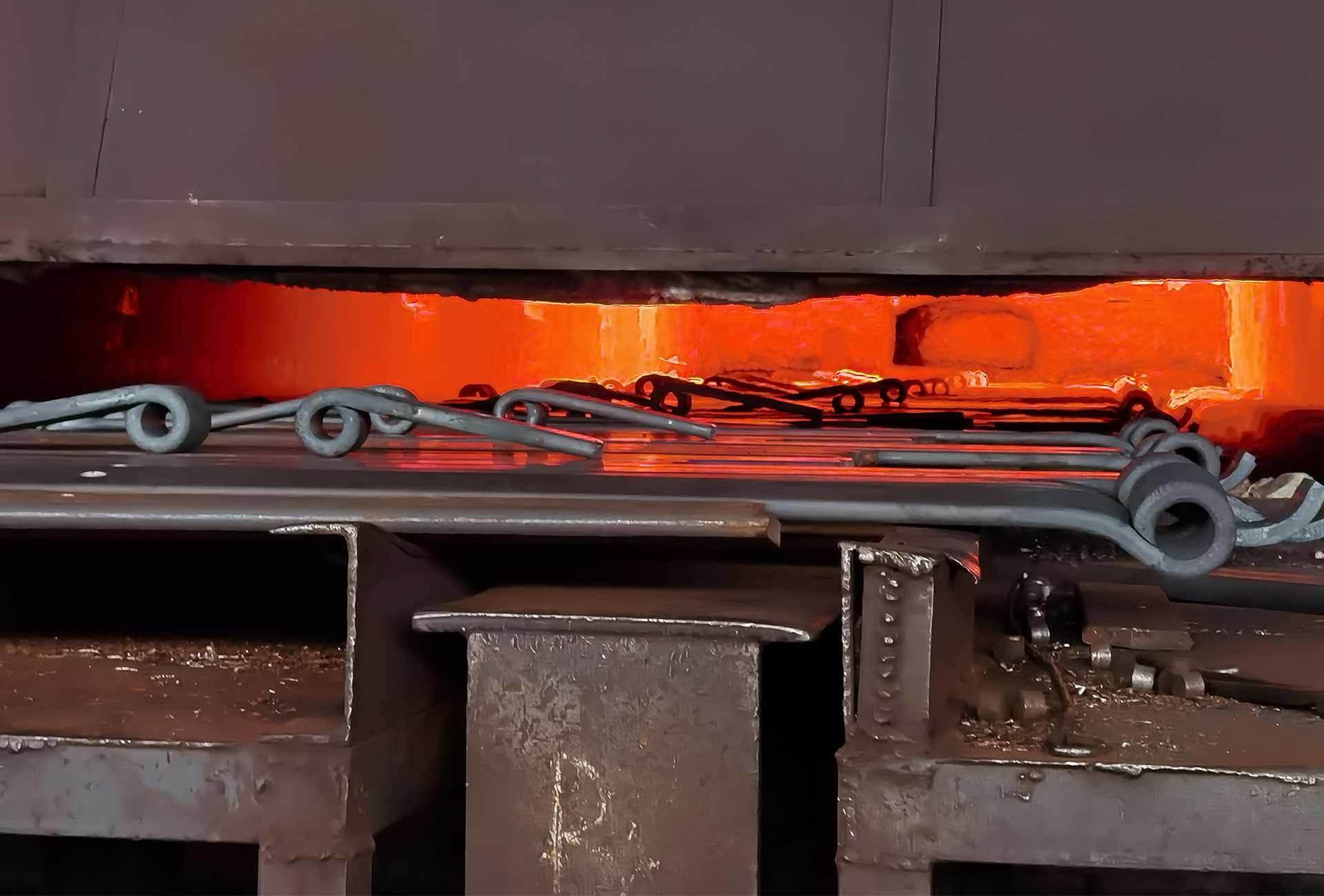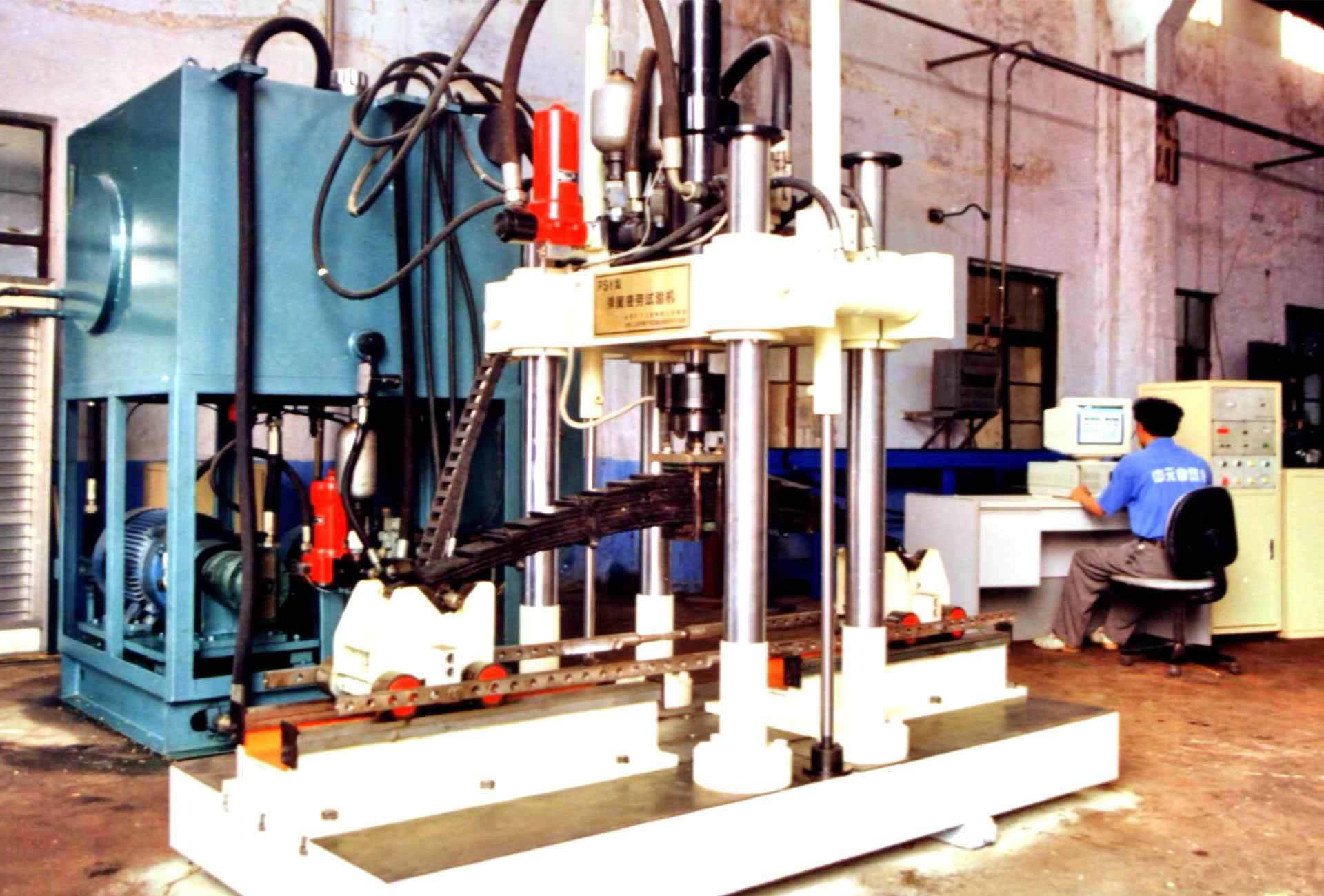Lightweight suspension
Classification:
Lightweight suspension refers to a suspension system designed to provide optimal support and comfort while significantly reducing the overall weight of the system. Suspension systems are critical in absorbing shocks and vibrations from the terrain, ensuring a smoother ride, and providing better control. A lightweight suspension retains these core benefits but utilizes advanced materials and engineering techniques to minimize the weight, enhancing both speed and efficiency. This technology is increasingly used in a wide range of applications, from bicycles to motorcycles, and even in automotive engineering.
One of the most significant benefits of lightweight suspension is its impact on performance. In competitive cycling or sports cars, every gram matters. A lighter suspension reduces the overall weight of the vehicle or equipment, allowing for quicker acceleration, higher speeds, and better handling. This is especially noticeable in activities that demand agility, such as mountain biking or racing. A lighter suspension system improves the overall dynamics of the vehicle, resulting in enhanced control and responsiveness.
Although a lightweight suspension focuses on reducing weight, it does not compromise on comfort. By incorporating materials like carbon fiber or advanced alloys, the suspension can still effectively absorb impacts from rough terrains or uneven surfaces. This ensures that the rider or driver enjoys a smooth, comfortable experience even in challenging conditions. Whether you are navigating a rocky mountain trail or cruising on a city road, lightweight suspension systems ensure that vibrations and shocks are efficiently absorbed.
In automotive applications, reducing weight is directly linked to better fuel efficiency. A lightweight suspension system minimizes the overall weight of the vehicle, which in turn reduces the energy required to power the vehicle. This not only improves fuel economy but also reduces carbon emissions, making lightweight suspension a key feature in eco-friendly vehicle designs. In both electric and gasoline-powered cars, the benefits of reduced weight contribute to an overall more sustainable and cost-effective driving experience.
Despite being lightweight, modern suspension systems do not sacrifice durability or strength. Advances in material science have enabled manufacturers to create suspension components that are not only lighter but also stronger and more durable than traditional materials. Carbon fiber, for example, is used in many high-end bicycles and vehicles due to its high strength-to-weight ratio. This ensures that the suspension system can withstand extreme forces and rough conditions without compromising its integrity or performance.
Contact:
FACTORY STRENGTH
Message consultation


